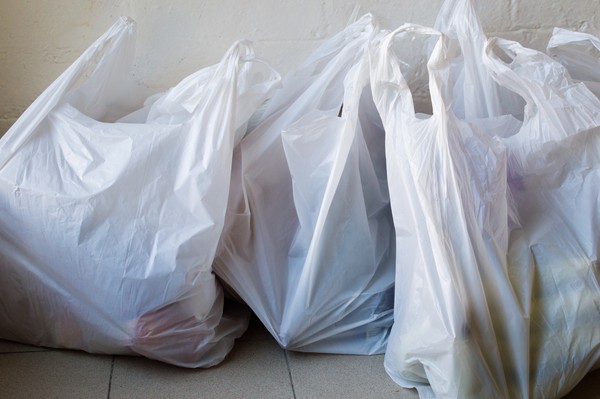In a world grappling with the environmental consequences of single-use plastics, innovative solutions are emerging to address the urgent need for sustainable alternatives. One such revolutionary development is the advent of cassava bags and tapioca starch packaging. These biodegradable alternatives are gaining prominence as eco-friendly options that promise to alleviate the burden of traditional plastic on our planet. In this article, we will explore the origins, benefits, and challenges associated with cassava bags and tapioca starch packaging.

Cassava Bags: A Root of Sustainability
Cassava, a starchy tuber native to South America, has long been a staple in various cuisines. However, recent innovations have extended the utility of cassava beyond the kitchen. Cassava bags are made from the extracted starch of the cassava plant, utilizing a resource that is abundant and easily replenishable. The production process involves turning cassava starch into a flexible and robust material, suitable for creating bags that can rival the durability of traditional plastic.
Benefits of Cassava Bags:
1. Biodegradability: One of the primary advantages of cassava bags is their biodegradability. Unlike conventional plastics that persist in the environment for centuries, cassava bags break down naturally, contributing to a reduction in environmental pollution.
2. Renewable Resource: Cassava is a highly sustainable crop, requiring minimal resources for cultivation. Its fast growth and resilience make it an ideal candidate for a renewable resource, ensuring that the production of cassava bags does not deplete the environment.
3. Reduced Carbon Footprint: The production of cassava bags is often associated with a lower carbon footprint compared to traditional plastics. The cultivation of cassava plants tends to absorb more carbon dioxide, making it a more environmentally friendly alternative.
Tapioca Starch Packaging: Transforming Waste into Innovation
Tapioca starch, derived from the cassava plant, serves as a versatile material for sustainable packaging solutions. Tapioca starch bag, often used in conjunction with other biodegradable materials, presents a promising alternative to conventional plastic packaging.
Advantages of Tapioca Starch Packaging:
- Versatility: Tapioca starch can be molded into various forms, making it suitable for a wide range of packaging applications. From food containers to wrapping materials, tapioca starch packaging provides a versatile and sustainable option.
- Biodegradability and Compostability: Similar to cassava bags, tapioca starch packaging is biodegradable and compostable. When disposed of properly, these materials break down into natural compounds, leaving behind no harmful residues.
- Water Resistance: Innovations in tapioca starch packaging have led to the development of water-resistant variants, addressing a common concern associated with biodegradable materials. This characteristic expands the potential applications of tapioca starch packaging to include items that require protection from moisture.
Challenges and Considerations:
While cassava bags and tapioca starch packaging offer promising solutions to the plastic crisis, they are not without challenges:
- Cost of Production: At present, the production costs of cassava bags and tapioca starch packaging are higher than those of traditional plastics. Mass adoption may require further technological advancements and economies of scale to make these alternatives more cost-effective.
- Limited Availability: The widespread availability of cassava bags and tapioca starch packaging is still in its infancy. The accessibility of these products may be limited in certain regions, hindering their global adoption.
- Durability: Although cassava bags and tapioca starch packaging have made significant strides in terms of durability, they may not yet match the strength of conventional plastics in all applications. Continued research and development are necessary to enhance their performance and reliability.
Conclusion:
The rise of cassava bags and tapioca starch packaging represents a significant step towards a more sustainable and eco-friendly future. As the world grapples with the environmental impact of plastic waste, these alternatives offer a glimmer of hope. While challenges persist, ongoing research and development, coupled with increased awareness and consumer demand. Likely to drive further innovations in this space. The journey towards a plastic-free world may be challenging. But the roots of sustainability embedded in cassava and tapioca are sprouting a greener, more responsible future.
For more information about Cassava Plastic Bag Manufacturer in Indonesia, please contact: Whatsapp/Mobile Phone : +62 811 1721 338 (Ms. Ratna), or: Email : info@urbanplastic.id.